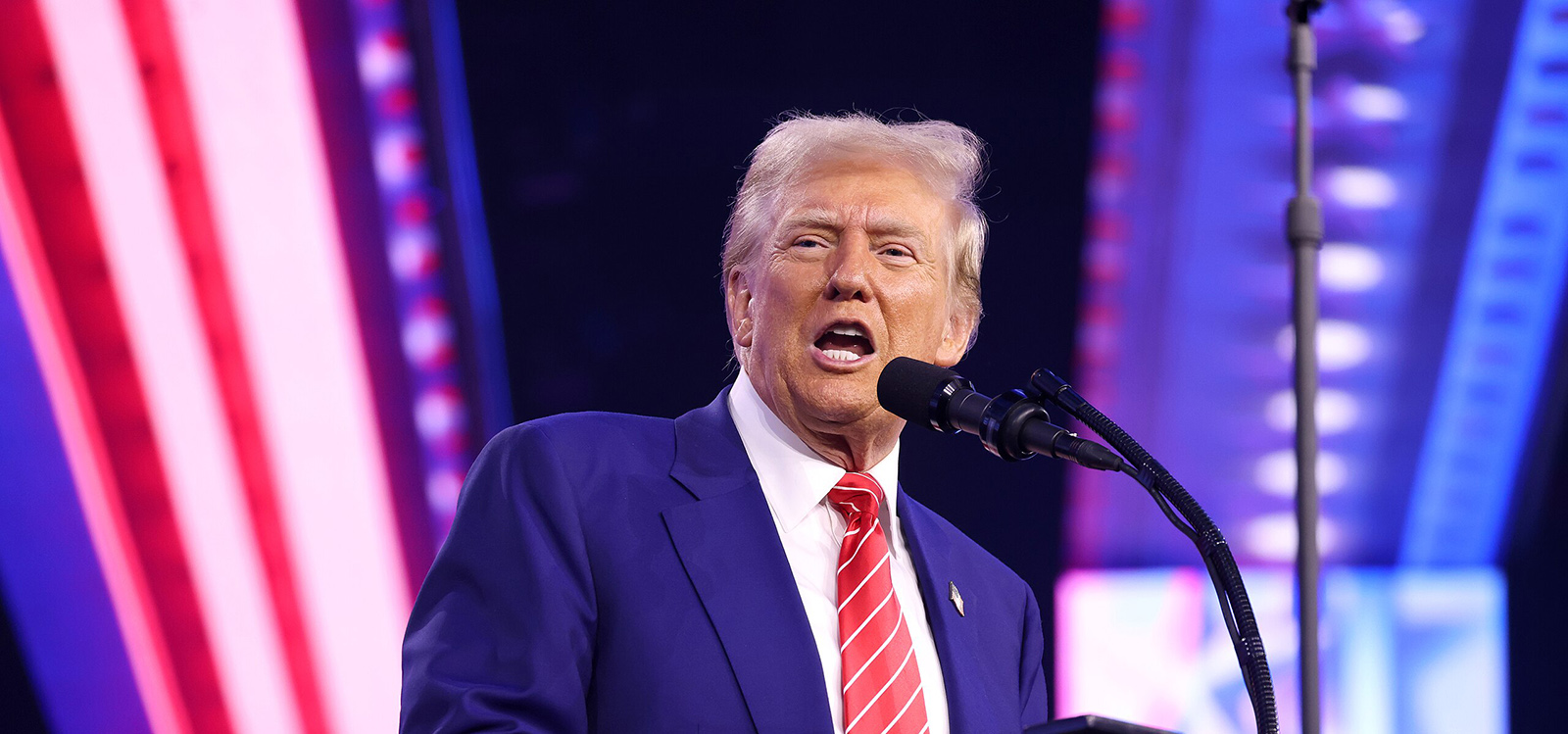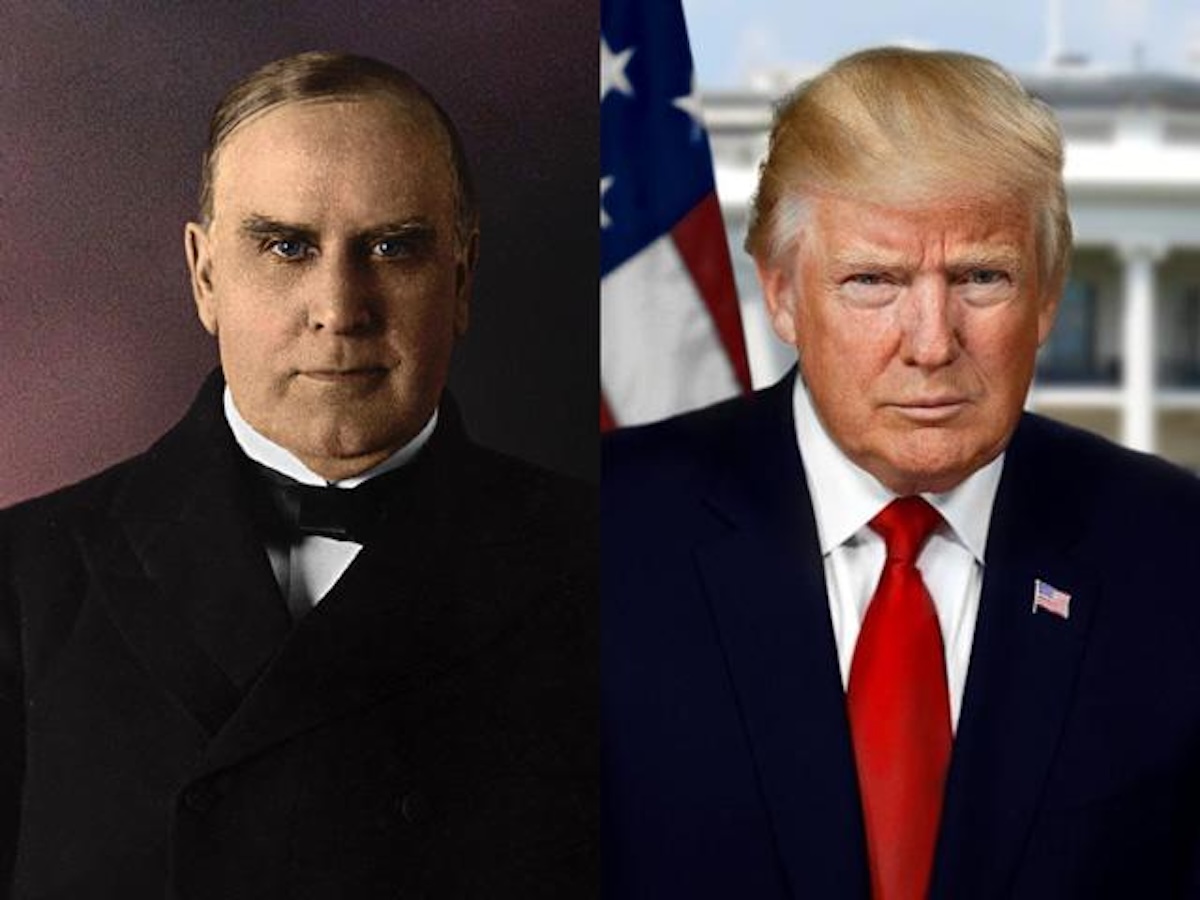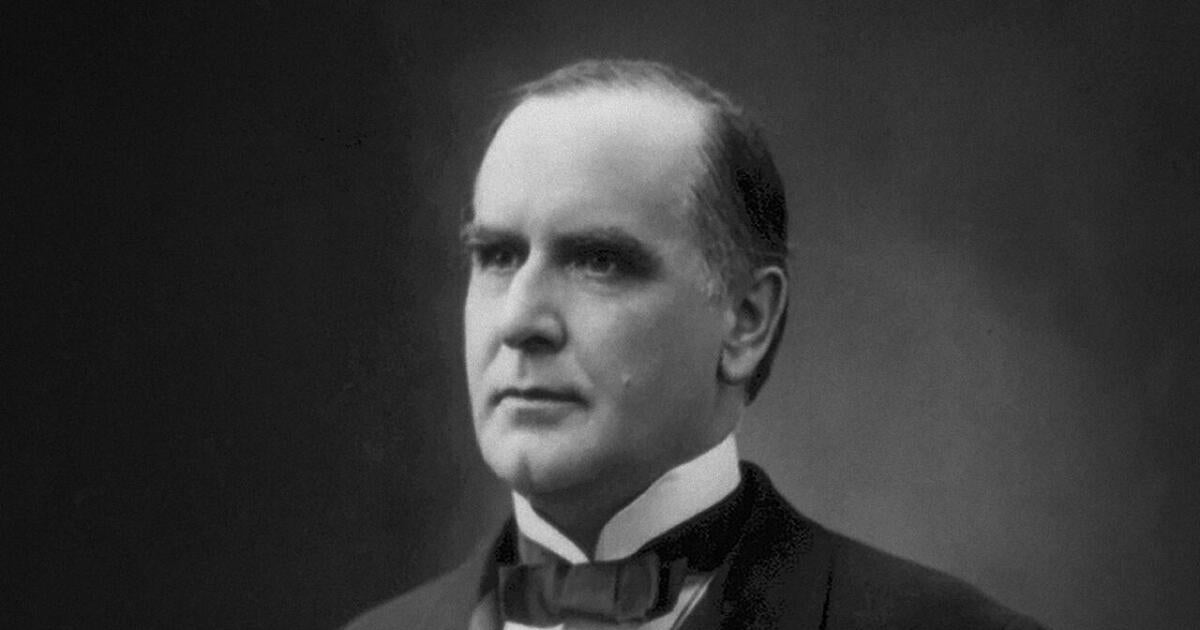In a move that stirred controversy and fascination, President Trump, in his second term, chose to revert the name of Alaska's highest peak, Denali, back to Mount McKinley. This decision reignited interest in the legacy of the 25th President of the United States, William McKinley, a figure often overshadowed by his tragic assassination. McKinley's story is one of political ambition, economic prowess, and imperial expansion that shaped the course of American history.
McKinley's political career began in the aftermath of the Civil War when he emerged as a champion of tariffs, earning him the moniker "Napoleon of protection." Despite a setback after the passage of the controversial McKinley tariff, he rose to become the governor of Ohio and, eventually, the President of the United States in 1896. His presidency was marked by a focus on economic policies until the events surrounding the Spanish-American War pushed him into the realm of geopolitics.
The Spanish-American War saw the United States acquire territories such as Cuba, Puerto Rico, Guam, and the Philippines, marking the beginnings of an American empire. While McKinley rejected the notion of expansion for its own sake, the consequences of American intervention in the Philippines foreshadowed the challenges of future imperial endeavors. The subsequent occupations and conflicts in these territories underscored the complexities of nation-building and the costs of foreign military engagement.
The legacy of McKinley's presidency was immortalized not only by his economic policies but also by his tragic end. Assassinated in 1901 by an anarchist, McKinley's death sent shockwaves through the country, reminiscent of the Kennedy assassination in later years. His memorial in Canton, Ohio, stands as a testament to the reverence and admiration he commanded among his contemporaries and later generations.
President Trump's affinity for President McKinley and his era reflects a broader fascination with historical figures and their impact on the course of American history. By evoking the spirit of McKinley and his emphasis on tariffs and expansion, Trump aimed to draw parallels between the past and present geopolitical landscape. The emotional appeal of sea power and ontological security that shaped McKinley's era finds echoes in Trump's rhetoric and policies, highlighting the enduring influence of history on contemporary politics.
As the debate over tariffs, imperialism, and expansionism continues to unfold in the context of modern geopolitics, the legacies of leaders like McKinley serve as poignant reminders of the complexities of American identity and global power dynamics. By delving into the intricacies of McKinley's presidency and the historical context in which he operated, we gain insights into the enduring significance of his legacy and its reverberations in the present day.



